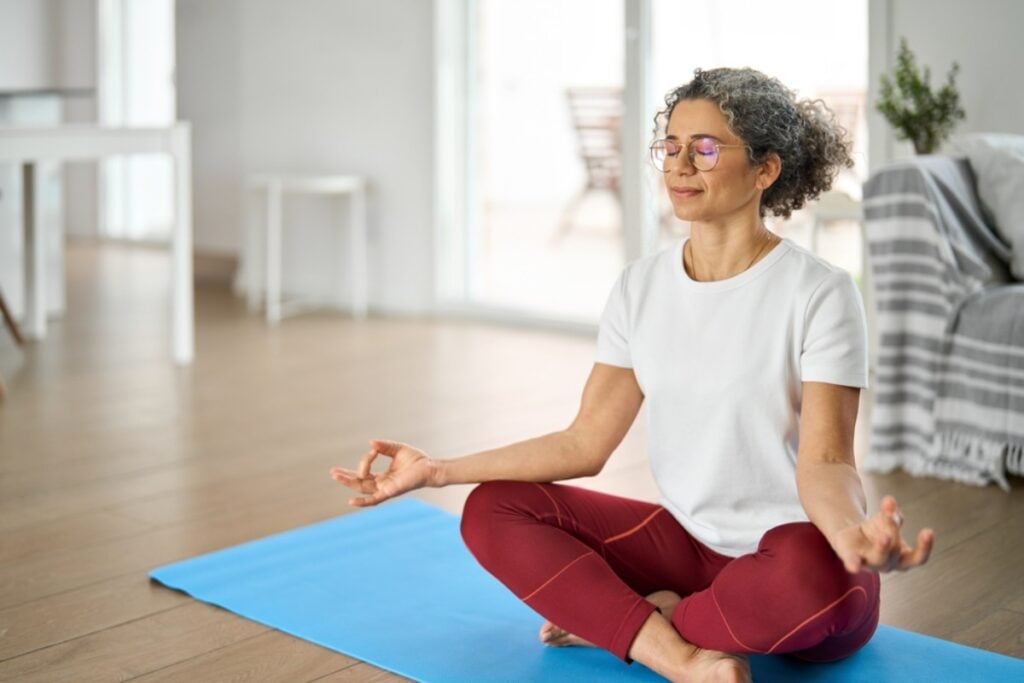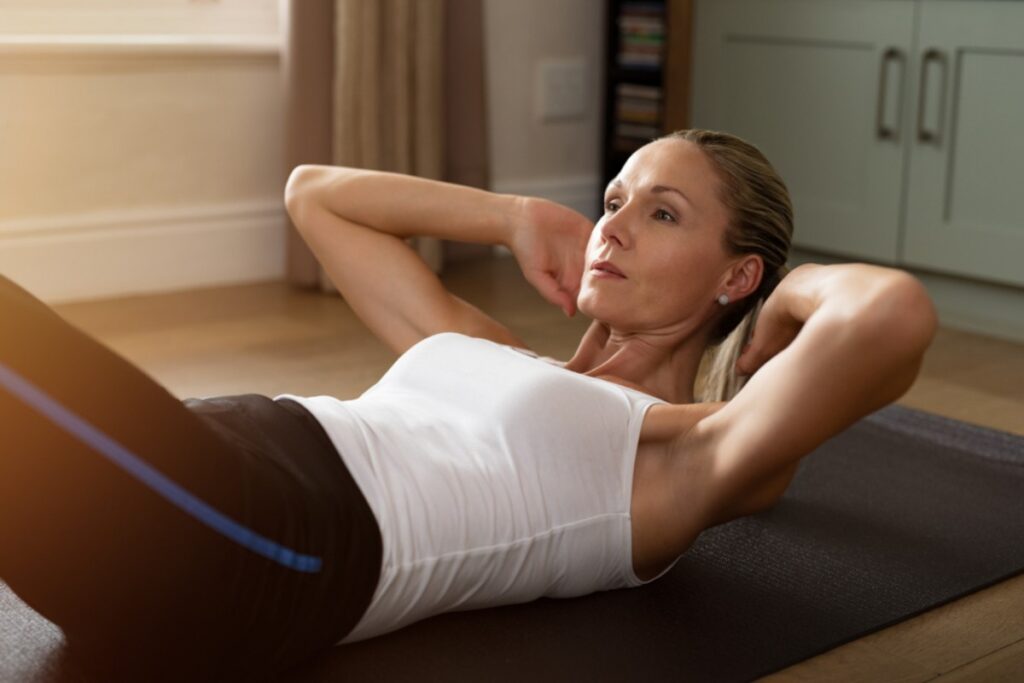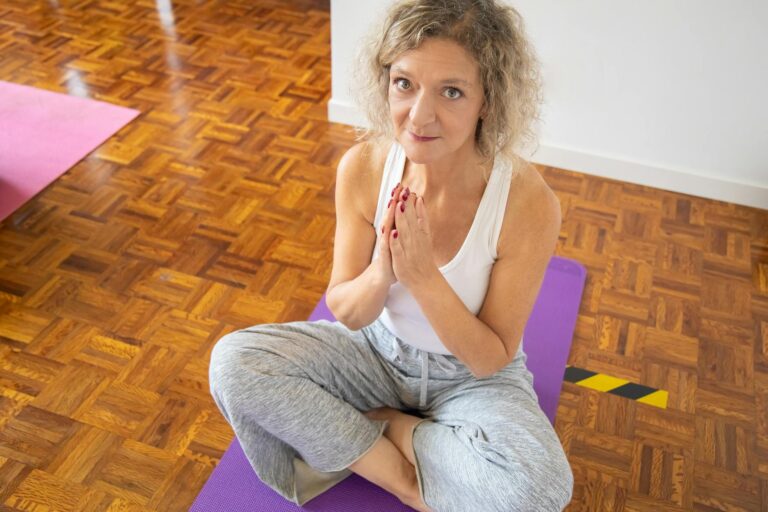Things You Need to Think About Before You Retire So Your Mental Health Doesn’t Plummet
Thinking about retirement can bring up a mix of excitement and uncertainty. It’s a huge shift that touches more than just your job—it can also affect how you feel about yourself and your place in the world.
Adjusting to this new stage takes some planning, especially if you want to keep your mental health strong. Preparing ahead of time can help you sidestep common struggles like loneliness or feeling lost.
Plan your daily routine to maintain a sense of purpose

The days after you stop working can feel wide open, and that freedom can be both wonderful and overwhelming. Without a set schedule, it’s easy to feel like you’re drifting.
Building a routine gives your days structure and helps you feel accomplished. Try waking up at the same time each morning, eating meals regularly, and making space for hobbies you enjoy.
Even small habits can make your day feel more organized and satisfying. Including activities that bring you joy—like reading, walking, or meeting friends—can help you find a healthy balance between rest and activity.
If you’re unsure where to start, look into tips for creating daily habits that support your mental well-being.

Retirement can change your social life, especially if you saw coworkers every day. Staying in touch with friends and family is important for your mental health.
Simple things like sending a message or joining a club can help you stay connected. Spending quality time with people who matter to you, whether in person or online, keeps you from feeling isolated.
You might lose some connections as your routine changes, but you can always build new ones. Volunteering, joining classes, or picking up group hobbies are great ways to meet people.
Strong relationships can lower stress and make you feel supported. If you want more ideas, check out tips on improving your social connections.
Create a flexible retirement financial plan

Life after retirement can come with surprises, so it helps to have a financial plan that can bend when things change. Health issues or a sudden move might affect your expenses.
Keeping some savings set aside for emergencies can give you peace of mind. It’s also smart to have a mix of income sources, like pensions, savings, or part-time work.
Review your plan regularly to make sure it still fits your needs. Adjusting your budget as you go can help you feel more secure.
For more strategies, you can look into guides on flexible financial planning.
Explore new hobbies and interests early
Trying out new hobbies before you retire makes it easier to fill your days with activities you enjoy. This helps keep your mind active and gives you something to look forward to.
Hobbies can boost your mood and give you a sense of purpose. Whether it’s gardening, painting, or learning a new skill, there’s always something new to try.
Meeting people through hobbies can also expand your social circle. You don’t have to be an expert—just enjoy the process.
If you’re not sure where to start, think about what you’ve always wanted to try. Exploring new interests early can make your transition to retirement more enjoyable.
Practice mindfulness or meditation regularly

Mindfulness and meditation can help you stay grounded during big life changes like retirement. These practices teach you to focus on the present, which can ease stress.
You don’t need a lot of time—just a few minutes each day can make a difference. Simple breathing exercises or guided meditations are a good place to start.
Making mindfulness part of your daily routine can improve your memory and help you sleep better. There are many apps and resources to guide you if you’re new to this.
Being kind to yourself is also an important part of mindfulness. For more tips, you can check out resources on mindfulness for retirement.
Set realistic expectations about retirement lifestyle
It’s easy to picture retirement as endless fun and relaxation, but reality might look a bit different. Some days will be great, and others might feel a little slow.
Setting realistic expectations can help you avoid disappointment. Think about what you really want your days to include, and be open to making changes as you go.
Retirement is about finding new ways to enjoy your time and stay active. Accepting small changes can help you feel more in control.
If you want help setting practical goals, there are guides on realistic retirement expectations.
Consider part-time or volunteer work for engagement
Staying busy after retirement can do wonders for your mental health. Part-time or volunteer work gives you a reason to get up in the morning and keeps you connected to others.
Volunteering lets you pick activities that fit your interests and schedule. It’s also a great way to meet new people and feel like you’re making a difference.
If a full-time job feels like too much, part-time work offers structure without the pressure. Both options can help fill your days with purpose.
You can find more information about the benefits of volunteering in retirement if you’re interested.
Prepare emotionally for identity changes post-retirement
Retirement often means letting go of a role that shaped your identity for years. That shift can feel unsettling.
It’s normal to feel unsure about who you are without your job. Give yourself time to adjust and explore what brings you joy now.
Building new routines and setting small goals can help you feel more confident. Staying connected with others reminds you that you’re more than your career.
If you’re looking for advice on navigating these changes, there are resources to help you rebuild your sense of self after retirement.
Schedule regular physical activity to boost mental health

Moving your body is one of the best ways to lift your mood and manage stress. Even simple activities like walking or gardening can make a big difference.
Exercise helps your brain stay sharp and can ease the transition into retirement. It also gives your day structure and a sense of accomplishment.
Find activities you genuinely enjoy so you’ll want to keep doing them. Making movement part of your routine can help you feel your best as you start this new chapter.
Seek support from a counselor or support group if needed
Retirement can shake up your daily routine and social life in ways you might not expect. Some days might feel a bit lonely or even overwhelming.
Reaching out to a counselor can make a difference. They are there to listen and help you work through new emotions.
Support groups can also be a lifeline. Connecting with others who understand what you are going through can be comforting.
You might find it easier to share your story with people who have been in your shoes. Listening to others can remind you that you are not alone.
There are plenty of resources out there to help you find local support groups or counselors. Mental Health America and the Mayo Clinic are good starting points.
If you ever need someone to talk to right away, crisis hotlines are available. Taking care of your mental health is just as important as your physical health during retirement.







